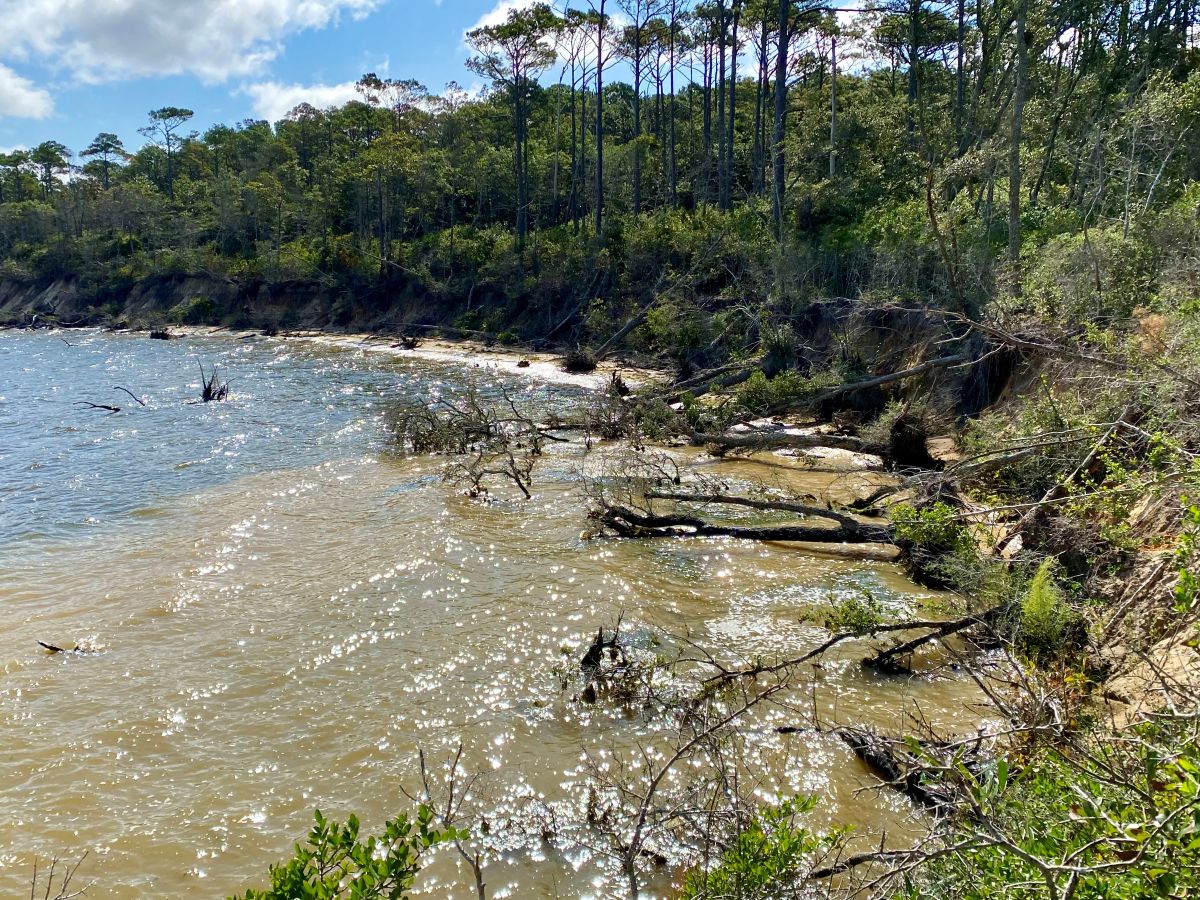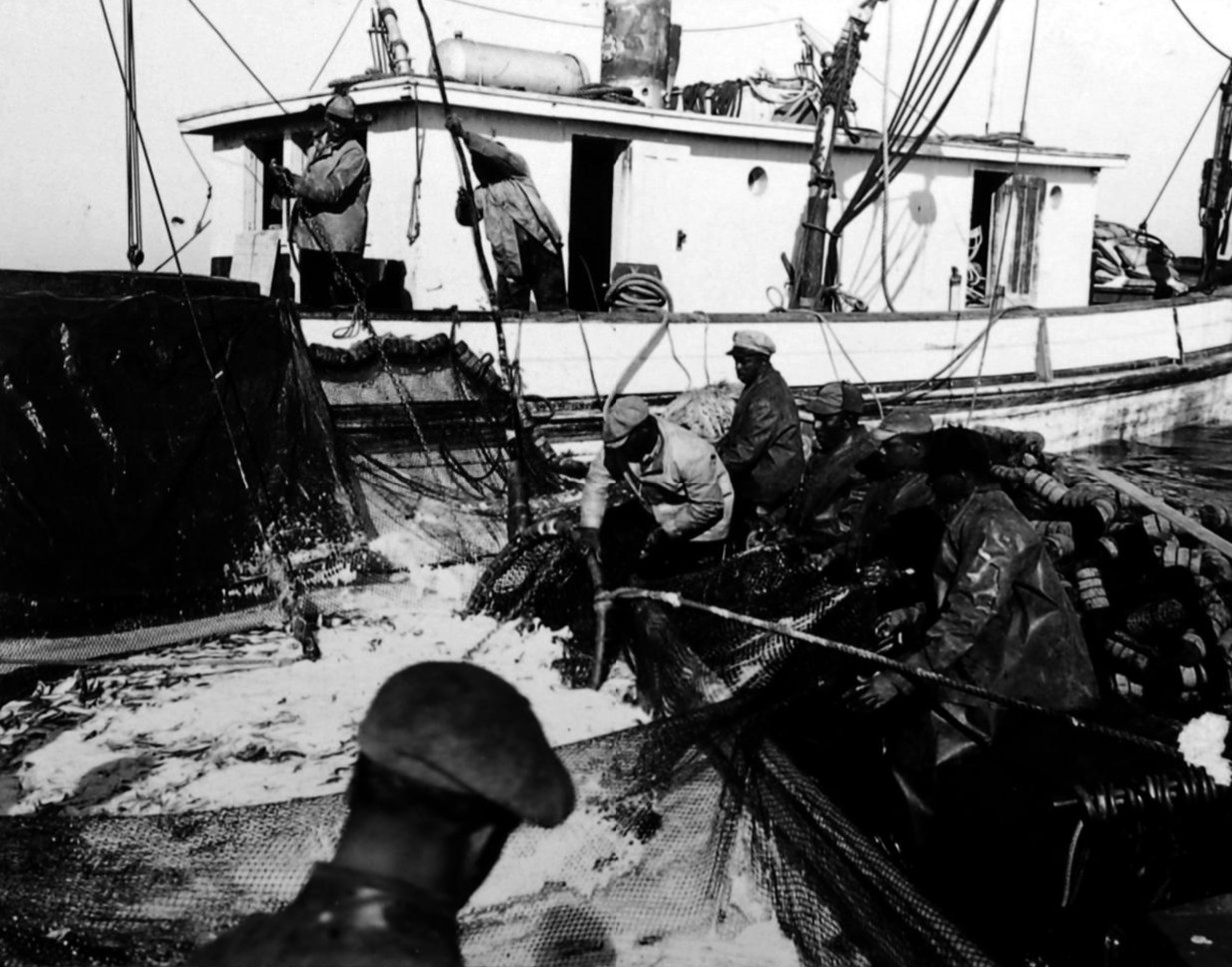-
Fort Raleigh closer to installing shoreline erosion protection
Both the National Park Service and state have comment periods open on an erosional control measure along the shoreline of the national historic site on Roanoke Island.
Spotlight
-
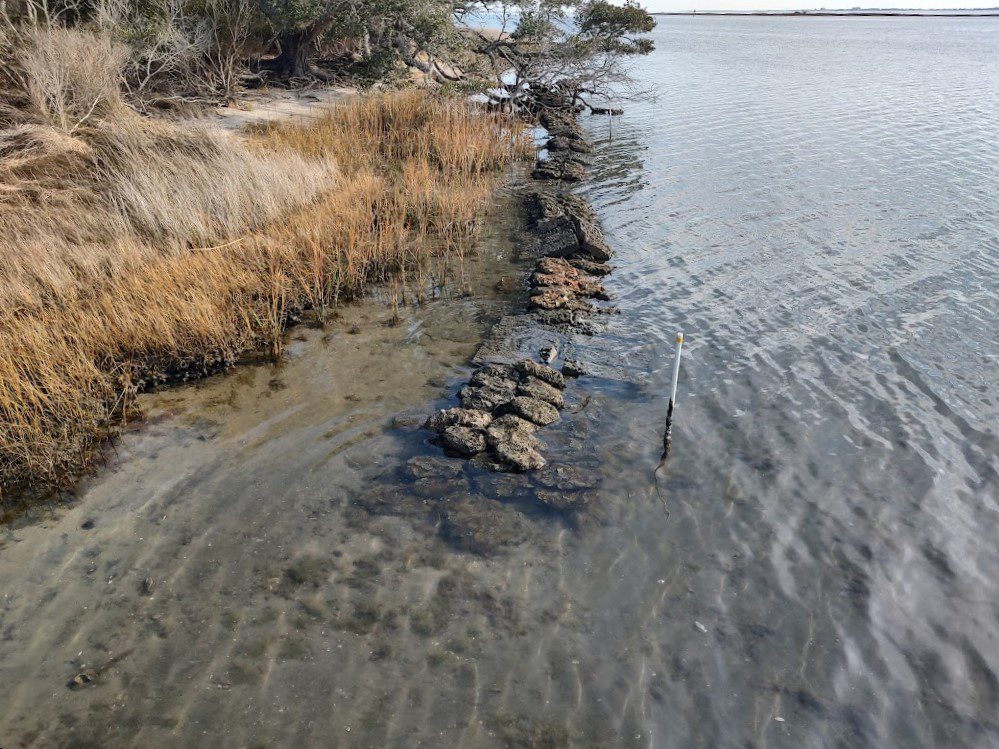
Thriving oyster colonies on living shorelines boost protection
While it’s not exactly “build it and they will come,” nature-based shoreline erosion-control structures such as living shorelines offer increased protection when they successfully attract and grow oysters.
News Briefs
-
NC Coastal Counties Fisheries Coalition to meet Feb. 4
During the N.C. Coastal Counties Fisheries Coalition meeting Feb. 4 in Morehead City, the members are expected to discuss issues related to the fishing industry.
-
Temperatures drop, weekend wintery low possible
Ice covers a patch of volunteer vegetation near Michael J. Smith Field Tuesday after an overnight freeze in Beaufort. Cold temperatures are forecast to continue through the weekend, when there’s potential for a coastal low pressure to develop, possibly bringing wintry weather, National Weather Service forecasters said Tuesday. Photo: Dylan Ray
-
State announces beach and water access program funding
Local governments within North Carolina’s 20 coastal counties may apply by April 24 for funding to help improve public access to coastal beaches and waterways.
-
UNCW Blue Economy Index posts increase over November
The University of North Carolina Wilmington’s Blue Economy Index ended 2025 on an upswing and outperformed its major global benchmarks.
-
Science panel to begin hard structures on coastlines report
The Coastal Resources Commission’s science panel will meet Thursday to begin planning a report on the effects of hardened structures on coastlines.
Get the news of the North Carolina coast delivered daily.
Subscribe to Coastal Review
Special Report
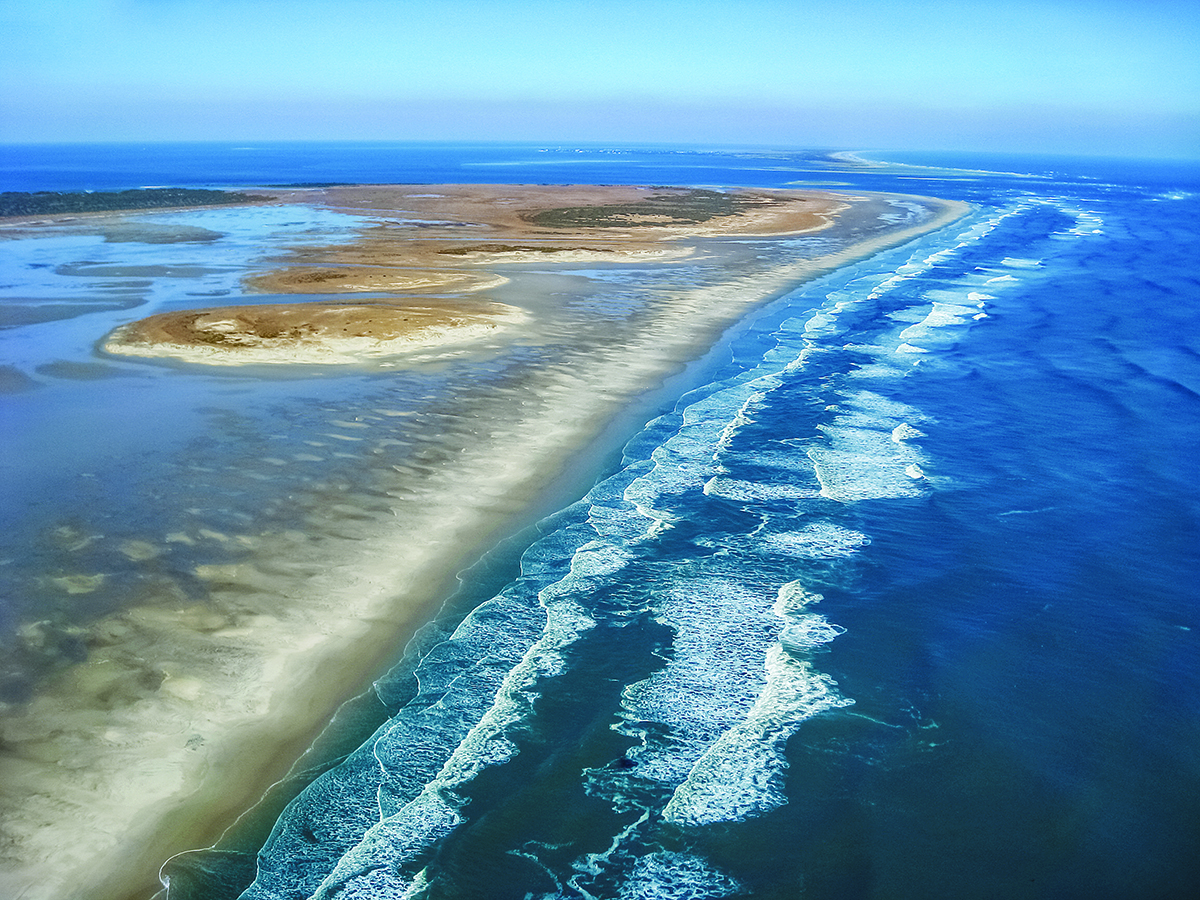
North Carolina: Land of Water
Coastal Geologist Dr. Stan Riggs, with his new book series, proposes fresh thinking about the dynamic areas where land meets the ocean, observations and ideas developed over the course of his 60 years of study.
News & Features
-
Fort Raleigh closer to installing shoreline erosion protection
Both the National Park Service and state have comment periods open on an erosional control measure along the shoreline of the national historic site on Roanoke Island.
Science
-
Thriving oyster colonies on living shorelines boost protection
While it’s not exactly “build it and they will come,” nature-based shoreline erosion-control structures such as living shorelines offer increased protection when they successfully attract and grow oysters.
Commentary
Our Coast
-
Former Sea Grant Director BJ Copeland leaves coastal legacy
Dr. B.J. Copeland, 89, who died Wednesday, Jan. 14, 2026, influenced coastal science and management in the state for decades.
-
‘Smell of money’: Menhaden Chanteymen’s music still echoes
The last surviving member of the Menhaden Chanteymen of Beaufort’s former industry has died, but while “Fishtowne’s” processing plant and its associated aroma are in the past, the once-proud laborers’ work songs live on.
-
Illustrated guidebook for Dismal Swamp’s snakes gets update
First published in 1992, “An Introduction to Snakes of the Dismal Swamp Region of North Carolina and Virginia,” has been revised with minor updates on species and taxonomy.
Featured Photo
-
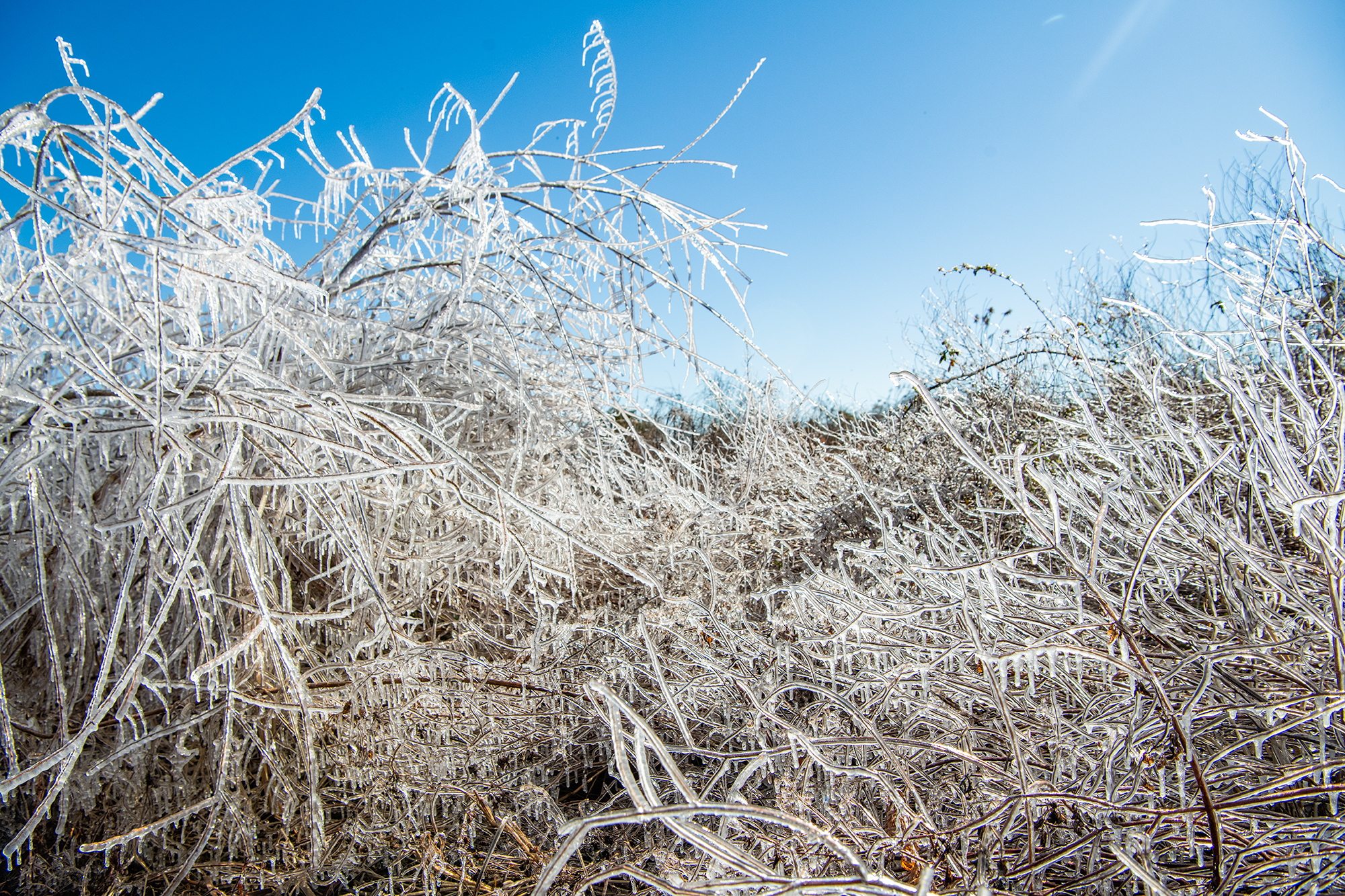
Temperatures drop, weekend wintery low possible
Ice covers a patch of volunteer vegetation near Michael J. Smith Field Tuesday after an overnight freeze in Beaufort. Cold temperatures are forecast to continue through the weekend, when there’s potential for a coastal low pressure to develop, possibly bringing wintry weather, National Weather Service forecasters said Tuesday. Photo: Dylan Ray

